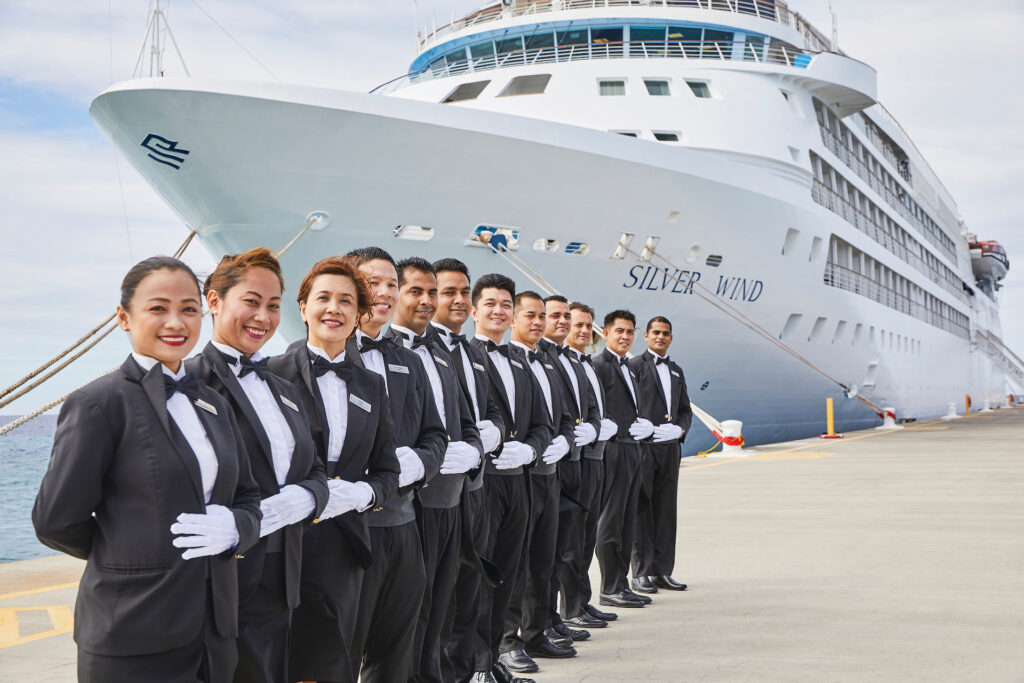New research has revealed that the cruise industry is struggling to recruit women across the entire workforce, translating to only 3% of C-Suite spots being held by women. The study, which was carried out by private advisory firm Aptamind Partners drew on publicly available data from the world’s largest cruise companies and online travel agents (OTAs) and travel companies. In the OTA sector, the news was more heartening; the majority of the workforce (56%) are women, with 36% at the senior management level and 16% in the C-Suite.
In both sectors, however, there is a sharp drop in female representation once you hit the highest echelons of leadership. There is one female CEO amongst the top ten publicly listed OTAs and no female board chairs. Meanwhile, in the cruise industry, where the overall workforce is 35% female, there are zero female CEOs or chairs within the major conglomerates.
This bleak picture, however, isn’t the full one. As the cruise sector is highly consolidated, with a handful of large corporations owning multiple well-known cruise brands, it is important to look at the businesses within the businesses. Amongst the smaller cruise lines, there are six female presidents or CEOs. The percentage of women on boards across the industry has also increased by 10% since 2007 from 12% to 22%.

Aradhana Khowala is the CEO of Aptamind Partners and the author of the report. She says, “There is plenty of positive news that can be taken from this research. The progress we have seen in recent years has been made possible thanks to high-level support from regulators and industry bodies, which are focused on promoting the cruise industry as an attractive career choice for women. They are now focusing on bringing more young women into the sector, which is the only way to sustainably build a pipeline of candidates for higher levels of management.”
The report offers six steps the leisure sector can take to get more women into leadership positions across the travel and tourism sector, including better disclosure and regular reporting, independent regulation and verification, and incentivising and holding leadership accountable for progress on gender diversity.
It particularly stresses the importance of insightful and robust gender diversity data, which, at present, is lacking across the entire travel and tourism industry. Public and private cruise and OTA companies are invited to share their data, to measure and benchmark DEI data in travel, tourism and hospitality, to help the industry develop an accurate picture of where things currently lie so meaningful progress can be made, together.
Click here to access the full report







